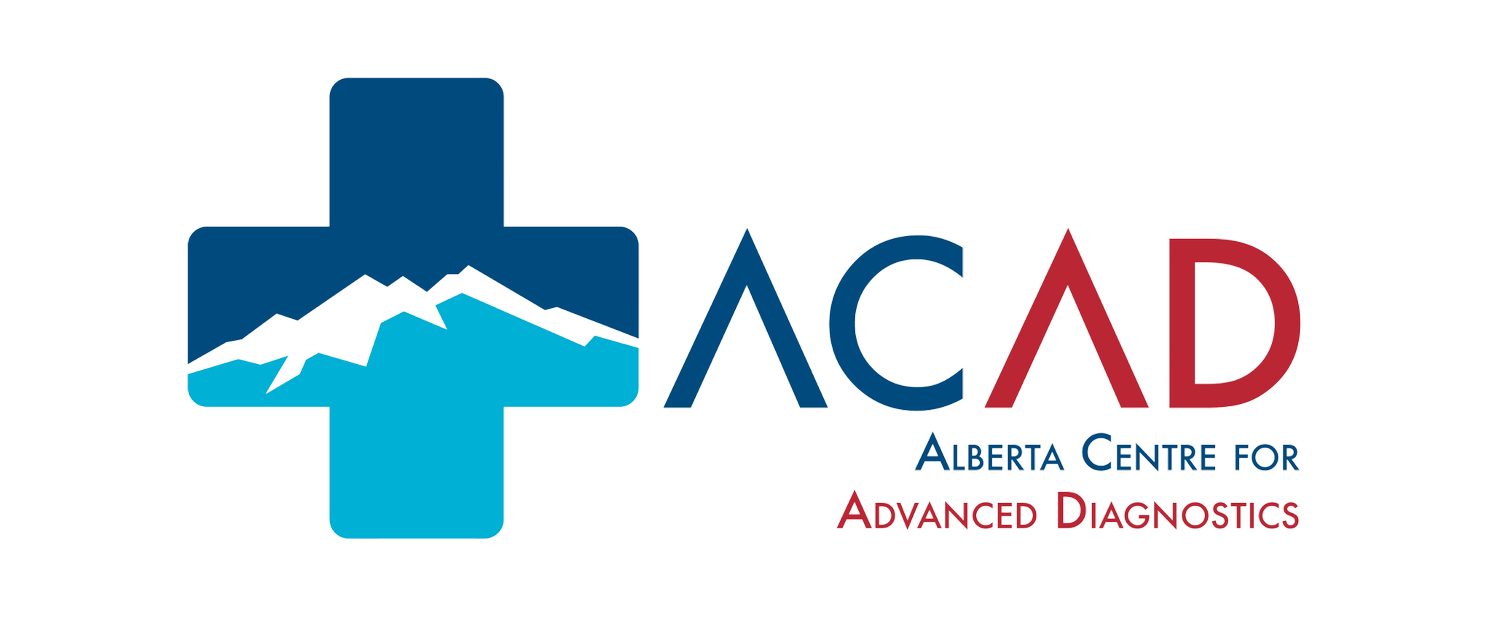Who We Are
OUR MISSION To advance lipidomics through analytical innovation, biological discovery, and the training of skilled scientists. We generate high-quality, reproducible datasets that reveal how lipids shape life in health, disease, and the environment. Our work integrates rigorous mass spectrometry, computational tools, open datasets, and collaborative science to build a reliable foundation for lipid-based understanding of living systems.
OUR VISION: Establish a recognized centre of excellence for high-sensitivity lipidomics and data quality. Deliver robust analytical workflows, validated quantification methods, and open datasets that strengthen biological interpretation and reproducibility. Lead international efforts to map how lipids drive microbial adaptation, ecosystem dynamics, and cellular communication. Build open, community-driven databases and analytical standards to advance translational and diagnostic research. Cultivate an interdisciplinary environment where emerging scientists develop expertise in analytical chemistry, biology, and biostatistics.
DECODING THE COMPLEXITIES OF LIPID METABOLISM
The Buzatto lab was established in July 2023 within the Department of Biological Sciences at the University of Calgary. Our primary focus is on untargeted lipidomics, which involves the comprehensive analysis of lipids in biological samples, using LC-MS (liquid chromatography coupled with high-resolution mass spectrometry).
Lipids are a diverse group of molecules usually composed of a headgroup attached to one or more hydrocarbon chains. They mostly display low polarity and low solubility in water. Lipids play crucial roles in various biochemical functions, including cellular and organelle compartmentalization, recognition of pathogens, activation of immune pathways, molecular transportation, signaling, intercellular communication, modulation of protein folding, regulation of gene expression, and energy storage.
Lipidomics is the quantitative and qualitative investigation of lipids in biological samples, shedding light on biochemical pathways, diseases, and physiological reactions. A typical lipidomics experiment starts with the isolation of lipids from a complex biological sample (e.g., serum, cerebrospinal fluid, tissue, cells, extracellular vesicles, culture media, etc.), which is usually performed by liquid-liquid extraction with organic solvents. Once isolated, the analysis of lipids can be performed using different approaches. We employ liquid chromatography coupled with high-resolution mass spectrometry (LC-MS) as the primary analytical technique for untargeted lipidomics. Our objective is to analyze a wide range of lipids in highly complex biological samples, resulting in very complex data. To extract meaningful insights, we process the data through several steps, including peak picking, alignment, mass correction, data cleansing, lipid identification, normalization, batch correction, quality control, and biostatistics. The crucial final step involves the biochemical evaluation of the identified lipids.
At the Buzatto lab, we focus on studying lipids at the molecular species level, emphasizing the unknown relationships and characteristics of individual molecules. Our research aims to advance the understanding of lipids, their functions, and their implications in various biological contexts. We pursue four main research lines:
development and validation of innovative methodologies for extracting, analyzing, identifying, and quantifying lipids from different types of biological samples using LC-MS and other techniques (analytical chemistry, biochemistry, data sciences, AI)
investigation of the composition and biochemical functions of lipids in extracellular vesicles
identification of biomarkers associated with human pathologies, with particular emphasis on neurological conditions (ALS, Parkinson’s, Alzheimer’s, dementia)
unravelling the lipidome of the human microbiome and antibiotic resistance





